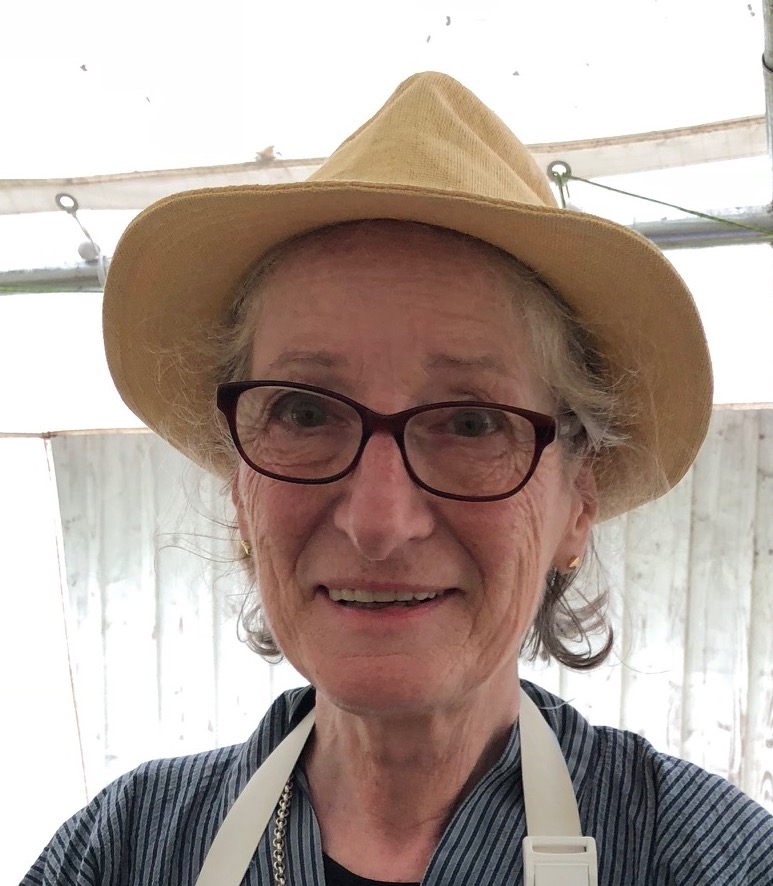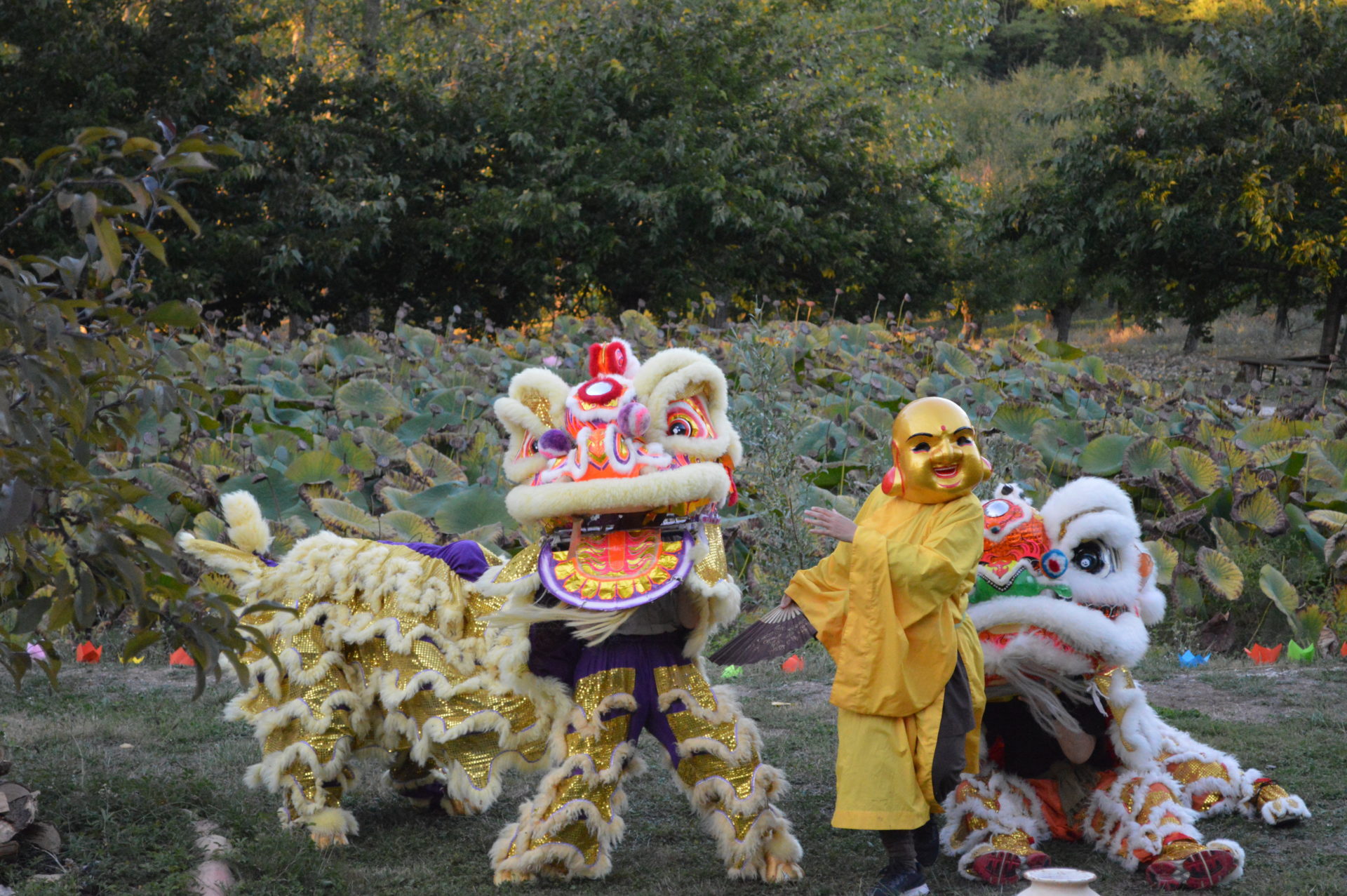By Teri West
Over the past year, I have spent more time in my forty-five-year-old son’s company than I had done since his teenage years. I have been staying with him for extended periods to help him and his three sons through difficult times with the break-up of his marriage. Recently, I spent two weeks with him and other family members in the French Alps, which involved a ten-hour drive each way.
Our extended time together has taught me a lot about the power of listening.
By Teri West
Over the past year, I have spent more time in my forty-five-year-old son’s company than I had done since his teenage years. I have been staying with him for extended periods to help him and his three sons through difficult times with the break-up of his marriage. Recently, I spent two weeks with him and other family members in the French Alps, which involved a ten-hour drive each way.
Our extended time together has taught me a lot about the power of listening. When I make a conscious decision not to react to what someone is saying, and listen not only to what is being said but also aim to discover what is going on behind the words, I experience a sense of letting go that is a great relief. When I abandon the habitual need for formulating a response, I am truly open to and present for the person speaking.
If I am only listening while composing my response, am I not listening with half my mind? Someone advised me once that I ought to engage my brain fully before I speak—good advice. While I don’t always succeed, I enjoy practising listening fully before deciding how to respond, if a response is needed. For example, if I am obliged to offer suggestions or opinions in a meeting, I take the time to listen instead of speaking at every opportunity. This helps my words to be more considered and perhaps better remembered. Secondly, I have learned through experience that others are very likely to express the views I hold, and this absolves me of the need to speak at all.
There is an Incredible String Band song that goes: “You know all the notes, and you know all the words, but you haven’t really heard the song.” Since I first heard it in the 1960s, that line has stayed with me. It is a great reminder, as Thay says, to listen to what is not being said—to listen to the meaning and story within a song, and the feelings and history behind the words. I have found that when someone I know is on a familiar rant about a topic on which they have strong opinions, mostly negative ones, that is not the best time to respond with an opposite viewpoint—it will not be heard.
When I give my full attention to my son or another person who is expressing strong opinions, and I listen with empathy and respect, regardless of whether or not I agree, I am giving them something they need: space to be heard. Of course, there is always another side of the story—a reason people behave the way they do. But timing is part of skilful means. When my son voices strongly negative opinions, I say nothing. I let him finish, only offering a sympathetic response to his anger. I wait until he is in a more open, calm state of mind to find a way to offer him an alternative viewpoint. I have learned it always helps to offer the alternative view as a question: Do you think it is this way because …?
To be able to listen deeply—to practise active listening, in other words—it is important to practise listening to myself, to observe my own thoughts, feelings, and behaviours, not only while on my cushion but also at every opportunity throughout my daily life. I have found self-observation is particularly fruitful while listening to another person. It is through experience and knowledge gained by listening to myself that I am truly equipped to understand the thoughts, feelings, and actions of others.
I have discovered many organisations devoted to training people in the practice of deep listening. This is such good news. If more people practise deep, contemplative, and caring listening, governments and nations may come around to the same way of communicating. There are signs that this is already happening. We, as mindfulness practitioners, are crucial in bringing about that transformation. As the practice of mindfulness finds its way into organisations, businesses and governments, I hope the practice of deep listening isn’t far behind.

Teri West, True Door of Virtue, visited Plum Village in 1988 and has been a member of Thay’s U.K. Sangha ever since. Teri is a storyteller, singer, part-time poet and sometimes clown. She received the Fourteen Mindfulness Trainings in 2000 and the Lamp Transmission in 2016.

